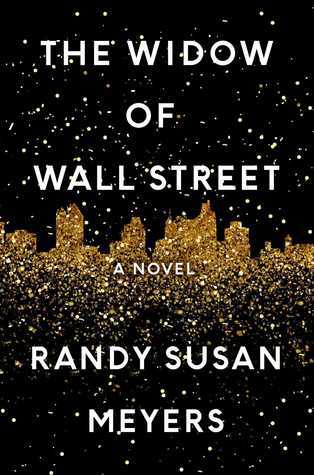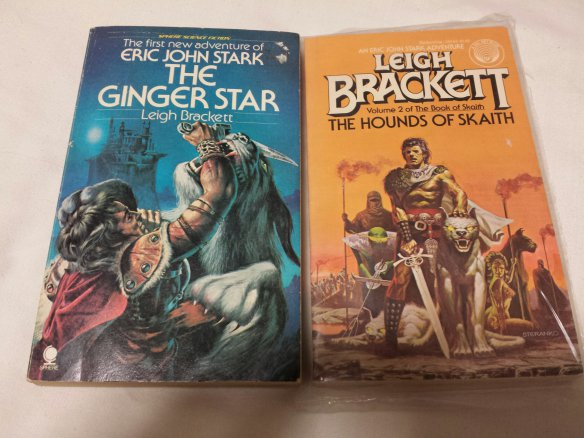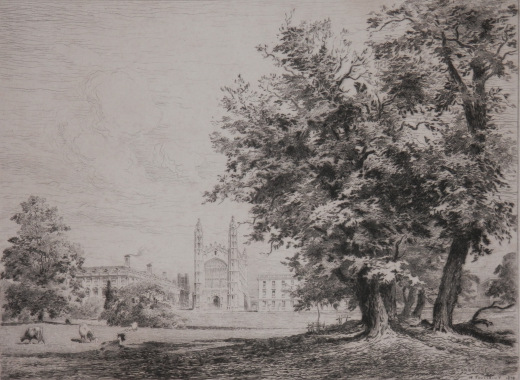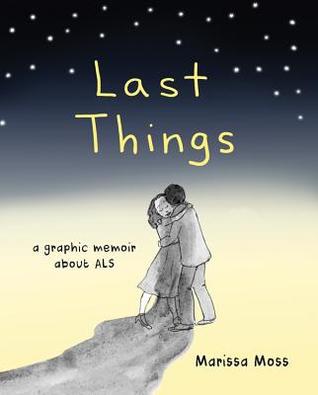Page #: 298
Published in: 2013
Publisher: Reagan Arthur Books
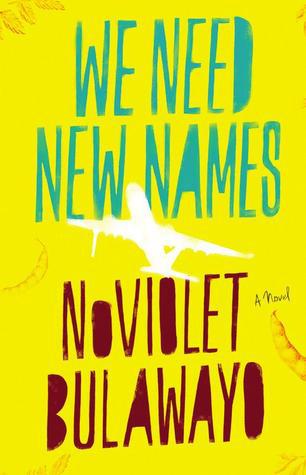 Official Synopsis
Official Synopsis
A remarkable literary debut – shortlisted for the Man Booker Prize! The unflinching and powerful story of a young girl’s journey out of Zimbabwe and to America.
Darling is only ten years old, and yet she must navigate a fragile and violent world. In Zimbabwe, Darling and her friends steal guavas, try to get the baby out of young Chipo’s belly, and grasp at memories of Before. Before their homes were destroyed by paramilitary policemen, before the school closed, before the fathers left for dangerous jobs abroad.
But Darling has a chance to escape: she has an aunt in America. She travels to this new land in search of America’s famous abundance only to find that her options as an immigrant are perilously few. NoViolet Bulawayo’s debut calls to mind the great storytellers of displacement and arrival who have come before her-from Junot Diaz to Zadie Smith to J.M. Coetzee-while she tells a vivid, raw story all her own.
My Review“Foreign” and “jarring” are the two words which come to mind when I think about NoViolet Bulawayo’s We Need New Names.
Ten-year-old Darling lives in a shantytown in Zimbabwe. Along with her gang of friends, Darling romps through nearby suburbs in the midst of political and social turmoil she doesn’t really understand, stealing guavas and dreaming of a better life in America. When Darling’s aunt takes her to live in Michigan, she has a more difficult time adjusting than expected. Plus, living in America isn’t the golden opportunity everyone makes it out to be.
Though technically a novel, We Need New Names does not have a structured plot and is told through a series of loosely connected short stories. The writing takes some getting used to, as it is very stream-of-consciousness and there are no quotation marks around dialogue. Sometimes this makes it difficult to tell who’s speaking.
Darling is a strong character, and I mean that both in terms of Bulawayo’s ability as a writer and Darling’s personal strength. She is able to adapt to any situation, revealing the resilience of the human spirit. She sees and experiences things every day that are shocking and sometimes uncomfortable for an American reader. However, her point of view, both as a black girl and an immigrant, is one that Americans especially need to be aware of.
A theme that runs through the whole story is food, and Bulawayo’s perspective on food and eating is not one I agree with. Darling is very critical of Americans’ weight and eating habits, which I can understand to some extent. However, it largely ignores the complex socioeconomic issues that surround food in America. For example, Darling criticizes her cousin’s overeating, yet almost glorifies the same binge behaviors when they are eating their own cultural foods. She judges the numerous overweight people in America, with no mention of the fact that fattening foods are more cost-effective than healthy ones. Darling also insults a character who suffers from anorexia, even though anorexia is a mental illness and not a simple choice to starve oneself.
I would not recommend this book to anyone with a difficult relationship with food or eating. However, I would definitely recommend this book to readers interested in stories about immigrants, books set in African countries, or books by African writers.
Rating: [3/5] Advertisements Share this: